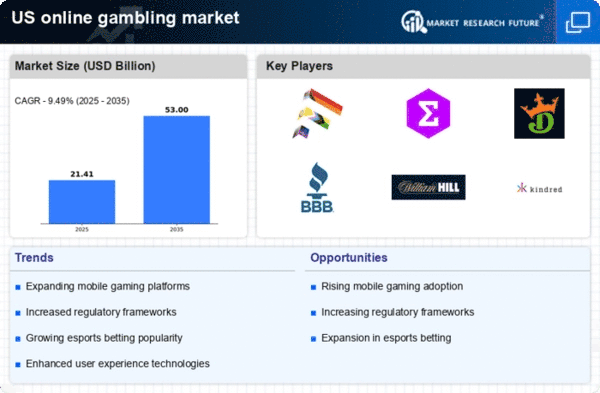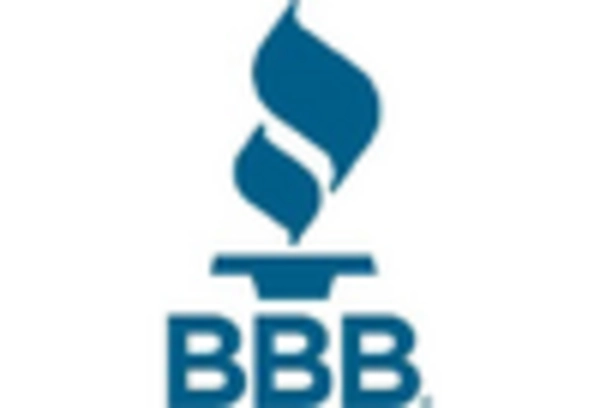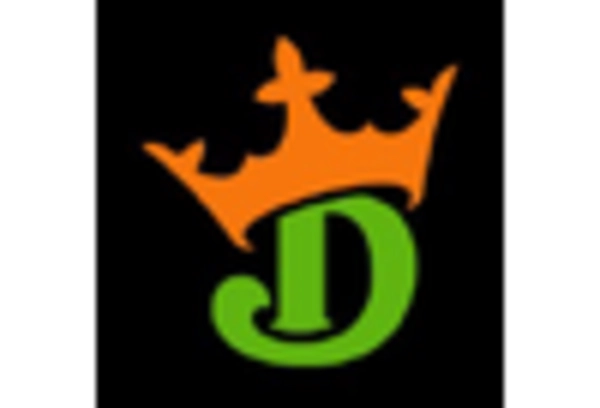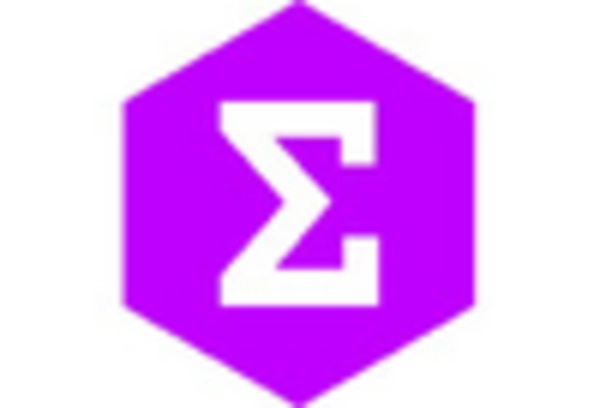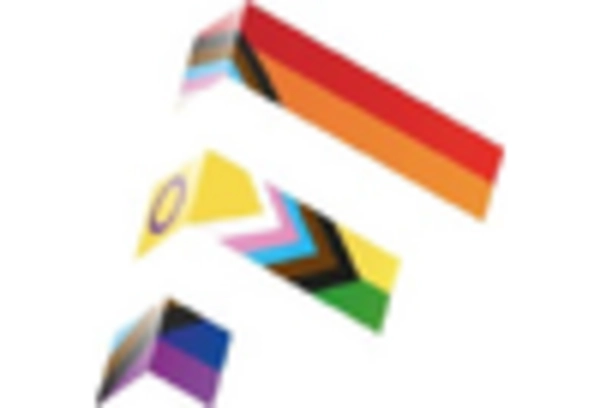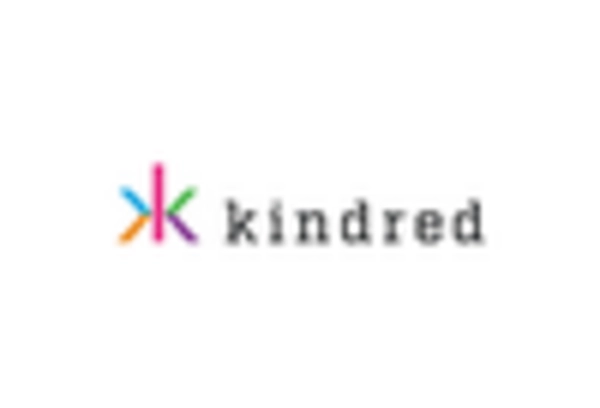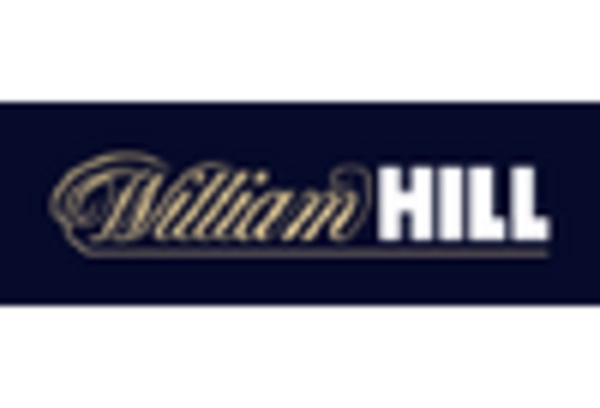Marketing Innovations
Innovative marketing strategies are playing a crucial role in shaping the online gambling market. Operators are leveraging data analytics and targeted advertising to reach potential customers more effectively. Personalized marketing campaigns, which utilize player data to tailor promotions and offers, have shown to increase engagement and conversion rates. Additionally, partnerships with influencers and the use of social media platforms are becoming prevalent, allowing operators to connect with younger audiences. As competition intensifies, these marketing innovations are essential for operators to differentiate themselves and capture a larger share of the market. The effectiveness of these strategies is likely to drive further growth in the online gambling sector.
Increased Legalization
The ongoing trend of increased legalization of online gambling across various states in the US significantly impacts the online gambling market. As more states recognize the potential tax revenue and economic benefits, they are enacting legislation to regulate online gambling activities. For instance, states like New Jersey and Pennsylvania have seen substantial growth in their online gambling revenues, with New Jersey reporting over $1 billion in online gambling revenue in 2020 alone. This trend is likely to continue, as states seek to capitalize on the lucrative market. The expansion of legal frameworks not only legitimizes the industry but also fosters a safer environment for consumers, thereby encouraging participation.
Enhanced Security Measures
As the online gambling market expands, the importance of enhanced security measures becomes paramount. Players are increasingly concerned about the safety of their personal and financial information, prompting operators to invest in advanced security technologies. The implementation of encryption protocols, secure payment gateways, and robust identity verification processes helps build trust among consumers. According to industry reports, approximately 70% of players prioritize security when choosing an online gambling platform. This focus on security not only protects consumers but also contributes to the overall credibility of the online gambling market, encouraging more individuals to participate.
Technological Advancements
The online gambling market is experiencing rapid technological advancements that enhance user experience and engagement. Innovations such as virtual reality (VR) and augmented reality (AR) are being integrated into gaming platforms, providing immersive experiences that attract a broader audience. Furthermore, the proliferation of high-speed internet and mobile devices facilitates seamless access to gambling services. According to recent data, mobile gambling accounts for approximately 60% of the total online gambling revenue in the US, indicating a shift in consumer preferences towards mobile platforms. These advancements not only improve gameplay but also increase the overall market size, as more players are drawn to the convenience and excitement offered by modern technology.
Changing Consumer Preferences
The online gambling market is witnessing a shift in consumer preferences, particularly among younger demographics who favor online platforms over traditional casinos. This demographic is increasingly drawn to the convenience and accessibility of online gambling, which allows for gaming from the comfort of their homes. Additionally, the rise of social gambling and gamification elements in online platforms appeals to this audience, enhancing engagement and retention. Data suggests that millennials and Gen Z are more likely to participate in online gambling activities, with a significant portion of their entertainment budget allocated to these platforms. This changing landscape indicates a potential for sustained growth in the online gambling market.


